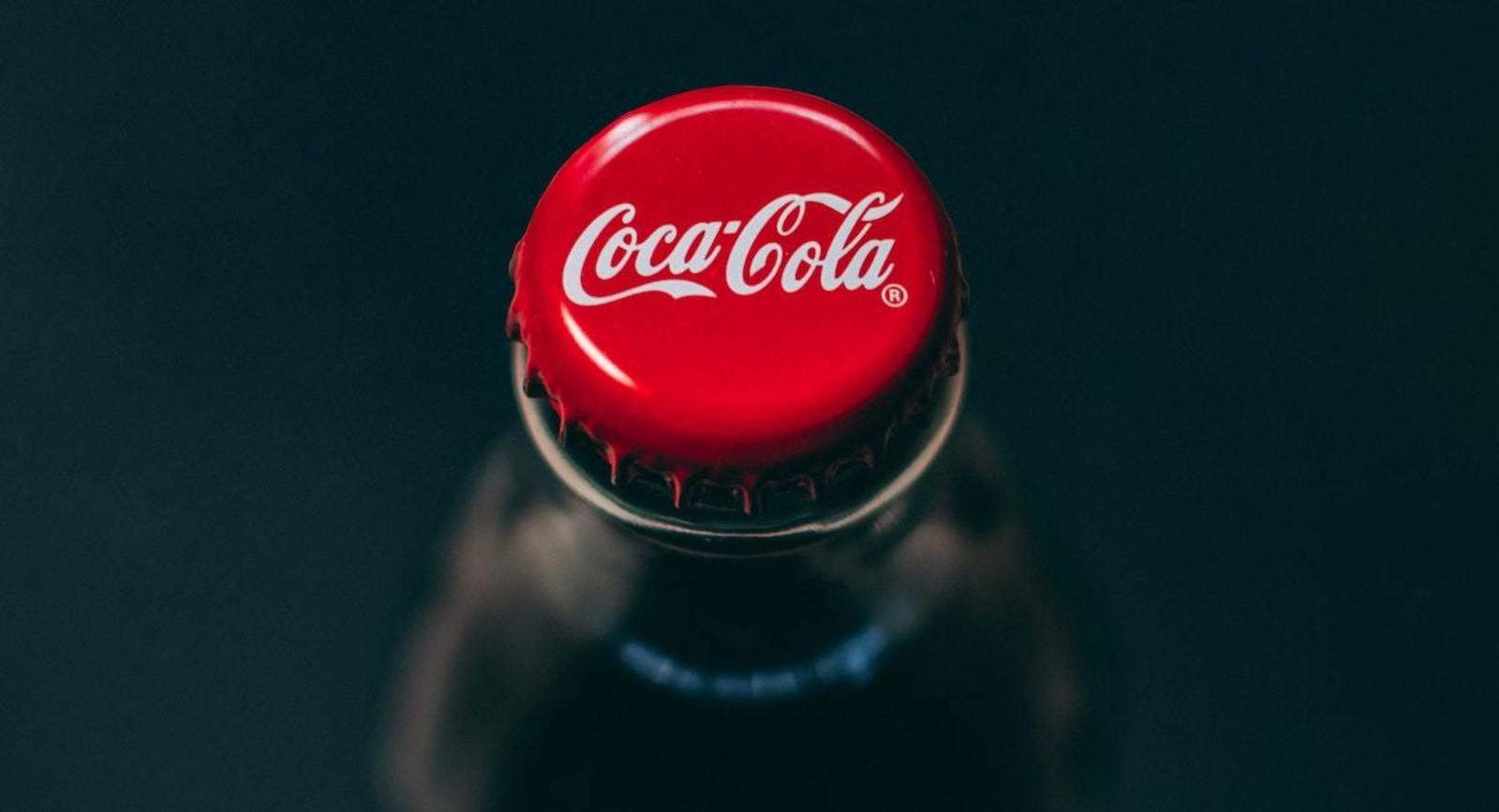29 March 2022
Can Coke change the course of history?

If you ever questioned the power of brand value, take a look at what's happening in Russia, where brands are exiting to send a powerful message.
In 1918, ‘squeeze them until the pips squeak!’ became the rallying cry of the allied forces as they sought to punish the Kaiser at the end of WW1 and prevent such an event from occurring again through punishing reparations, amongst other things. In short and oversimplified terms, part of the strategy was to undermine their financial stability. Sound familiar?
The power of the brand
Today we find ourselves in a different situation, but once again the policy seems to be ‘squeeze them until the pips squeak’. We are not in a position of penalising a nation after a war has ended, we’re actively trying to influence a current war by undermining the aggressor’s economy and creating public unrest . Thus, amongst the first up to the proverbial ‘front line’, are the West’s heavyweight brands. However, it’s not simply about the influence they have on the Russian economy but the power of their brand value and the symbolism of its removal on Russian consumers that’s also at play.
From McDonald’s to Coca-Cola, Starbucks to Heineken, big brands have closed stores, stopped trade or exited Russia altogether, and more will follow. It's the first time I can think of where the removal of brands has been adopted as a social act. For Russians these brands are symbols of open freedom and personal status - their removal is intended to punish but it’s also hoped it will influence the thinking of individual people by leveraging brand loyalty. The subtext is: 'if you like our brand and what it represents then you need to know it’s not in line with your country’s actions - please think about it.’
Protecting brand values
In the past I have talked about the power of the brand, and how each one operates on the mandate of its customers.
Removing a brand from Russia is not only a signal to the Russian people, it’s also a statement and a reinforcement of a brand’s values to their consumers in other territories, particularly the West. Brands are required, in order to protect their brand value, to honour the promises they make to all their users.
There are, of course, lots of other things at play. It’s not just brand removal that’s influencing the outcome of the war in Ukraine, and we all hope that peace can be reached as quickly as possible for the sake of every individual lost and affected by the violence. However, while most of us have to accept that things like oil, gas and military actions are in the hands of the government. Brands are in a unique position to act on behalf of the consumers whose opinions matter so much to them and their own survival. By honouring that promise, they can affect change and customers can vote with their wallets.
Brand loyalty as a tool for international relations
While this might be the first time I can think of where brands are being used in this particular way, it’s not the first time they have had a role to play in international relations, or even war. We can see the repercussions of such occasions around the world today, in the way different regions interact with brands and how that’s reflected in the success of individual organisations.
In WW2, heavy embargoes prevented the import of Coke syrup to Germany, meaning that Coca Cola was not able to operate there and the US company was forced to cut ties with the German plant. The net result was that, unable to get the secret 7X Coke flavouring, the innovative Max Keith who headed up the German business oversaw the creation of a new product, now known as Fanta.
It wasn’t Coke’s only role in WW2. By that time, Coke had become a symbol of the American Dream, so when it came to the war, company President Robert Woodruff committed to giving US troops a small taste of home by promising "to see that every man in uniform gets a bottle of Coca-Cola for 5 cents, wherever he is and whatever it costs the Company.” As a result, 64 bottling plants were opened around the world in every location where American troops found themselves based. It’s one of the reasons the brand is so ubiquitous today.
Controlling the message
In the current climate, it also seems important to recognise that brands have a powerful role to play in messaging. One of Putin’s greatest weapons in his own country is his control of the media. While Russian journalists might have been silenced by punitive threats if they deviate from the President’s preferred narrative, international brands can use the weight of their own actions to influence the message both to the West, to Ukraine and to the Russian people through their actions.
In conclusion, if you ever questioned the power of brand value, now is the time to look at how it’s being used by those who are putting their money where their mouths are. Those who are exiting Russia might be doing so on a personal note for ethical reasons, but from a responsible business perspective, they are also prioritising the value of their brand - which hinges on the opinion of their customers - over and above an individual (or many individual) sales.
There’s a price to be paid for freedom, and brand value is a powerful weapon to wield.